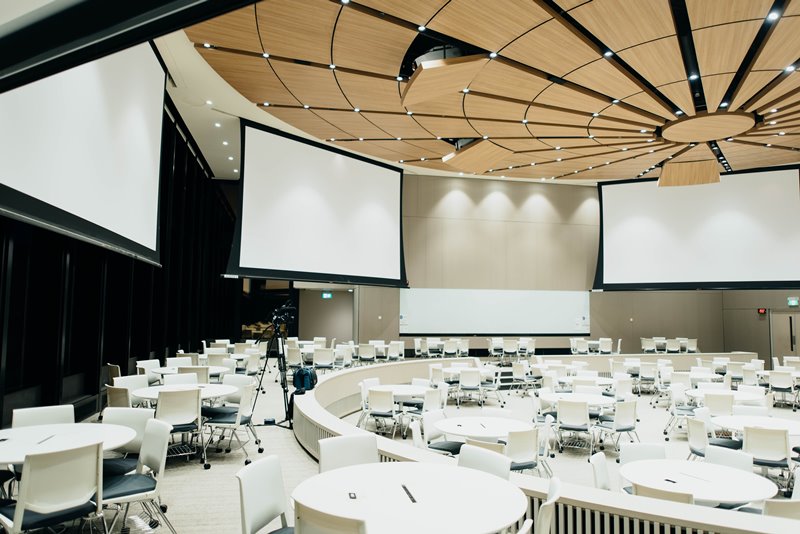On February 23, 2023, Singapore got the DORSCON Green signal, the lowest health level alert since the pandemic began. Slowly, life is reverting to the new normal. People are no longer required to wear masks on public transportation, and outdoor and indoor events with massive audiences are becoming a thing again.
Suddenly, outside festivals, wellness retreats, technology expos, sustainability fairs, sports games, art shows, food and drink experiences, music concerts, and community events are all worth checking out.
However, as of April 23, the Ministry of Health reported 53 deaths[1] due to COVID-19, the highest this year. Though it may not be so alarming, the cases show that COVID-19 is constantly looming, and the best that we can do when organising events is manage that we do not increase its spread by considering the attendees’ safety while making the event fun and memorable.
Here are some things to consider while we plan events in this post-pandemic era:
Follow the safety rules
As COVID-19 tends to come back in variants, it is crucial to follow strict rules about health and safety. Consider capacity limits, social distance rules, sanitisation practises, cashless technologies, and the need for vaccines or negative test results when planning events.
Be prepared for a solid backup plan if a sudden COVID-19 wave sweeps in and the government suddenly imposes restrictions to prevent its spread.
Also, be ready for things to change out of nowhere if the alert rises to alarming levels again. Plan flexibly, have backup measures, and stay in constant touch with attendees, stakeholders, and vendors.
Ensure quality hygiene standards
As event organisers, we must use hygienic facilities, and attendees must follow hygienic standards if necessary. For instance, sanitising microphones or using multiple microphones during events to minimise contamination can make a difference.
The venue should also be accountable for maintaining high sanitisation standards. Event booking considerations such as cleaning and sanitising routines and a more spacious venue to minimise contact among audiences should be part of the planning.
Keep an alcohol-based hand sanitiser at critical event spots during the event, and keep masks handy if a participant requests them.
Streamlined logistics
There is a need to maximise technology to minimise contact between guests and security, especially in heavy traffic areas of the event. Consider the bottlenecks during the event, such as how to lower the waiting times, lessen the queues, and ensure a socially distanced queue. Event organisers should also include passive scanning procedures in the event plan.
Maximise using event management software, digital check-ins, and cashless payment systems to improve processes, reduce human contact, and ensure that things go smoothly[2].
Go Hybrid
Increase the number of people attending the event by getting people to attend online. Going hybrid ensures that people from all over the world can join in remotely. Use social media, online tickets, and live streaming to spread the word about events, get people excited, and make it easy for them to sign up.
The world of event planning has taken on a new shape after the pandemic. Although COVID-19 cases have slowly become minimal, they are not gone. Event planners must ensure that everyone has a good time and stays safe by taking preventive measures while making the event memorable. Contact Eminence Events to ensure a safe and smooth event for your next corporate event.

